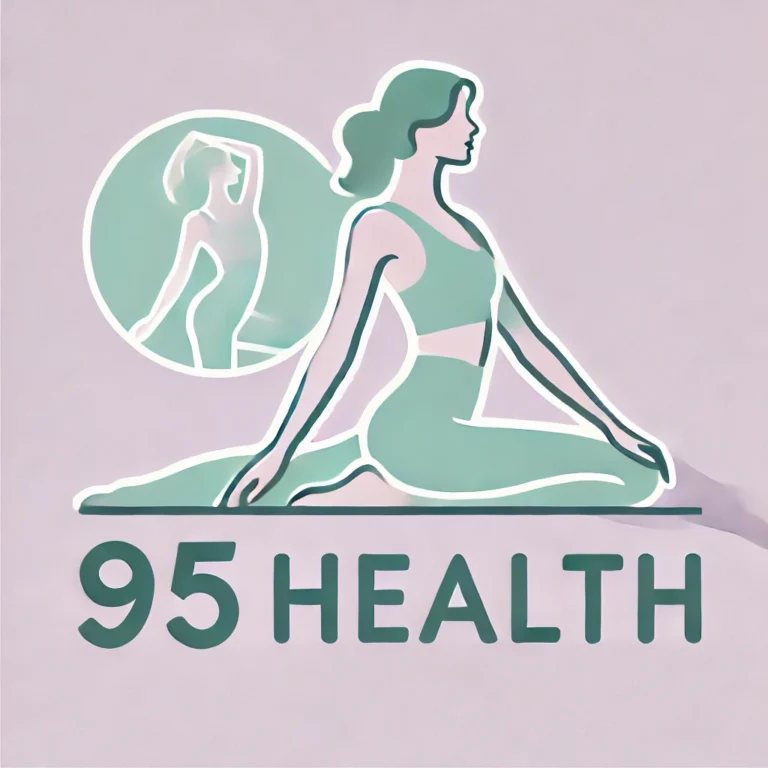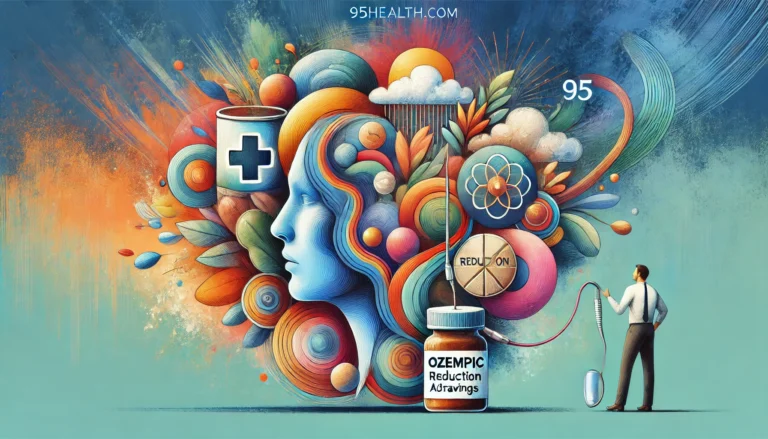Menopause: Your Questions Answered
Menopause is a natural biological process that marks the end of a woman’s menstrual cycles. It is diagnosed after 12 months without a menstrual period and usually occurs in women in their 40s or 50s. Here are some common questions about menopause, answered:
What is Menopause and When Does it Start?
Menopause is the time that marks the end of your menstrual cycles. It is a natural decline in reproductive hormones when a woman reaches her 40s or 50s. The average age of menopause in the United States is 51 years.
What are the Common Symptoms of Menopause?
Common symptoms of menopause include:
- Hot Flashes: Sudden feelings of heat that spread mainly to the upper body and face. They can also cause sweating and a rapid heartbeat.
- Night Sweats: Hot flashes that occur during sleep, often leading to sweating and discomfort.
- Vaginal Dryness: Reduced estrogen levels can cause vaginal tissues to become drier and thinner, leading to discomfort during intercourse.
- Mood Changes: Increased risk of depression, anxiety, and mood swings.
- Sleep Problems: Difficulty falling and staying asleep.
Can Menopause Cause Weight Gain?
Yes, menopause can cause weight gain. This weight gain is often due to hormonal changes, aging, lifestyle, and genetic factors. The decrease in estrogen levels can lead to fat being stored more in the abdomen rather than the hips and thighs.
How Can I Manage Hot Flashes?
Managing hot flashes can involve lifestyle changes such as:
- Keeping your bedroom cool and comfortable.
- Avoiding triggers like spicy foods and caffeine.
- Dressing in layers that can be removed.
- Using fans or cold packs.
- Hormone therapy can also be effective for many women.
What is Hormone Therapy and Is It Safe?
Hormone Therapy (HT) is the most effective treatment for relieving menopausal symptoms such as hot flashes and vaginal dryness. HT involves taking medications that contain female hormones to replace the ones the body no longer makes after menopause. It can be prescribed as a pill, patch, gel, or cream. The safety of HT depends on individual health risks and benefits, and it is important to discuss with your doctor if HT is suitable for you.
Are There Non-Hormonal Treatments for Menopause Symptoms?
Yes, there are non-hormonal treatments for managing menopause symptoms. These include lifestyle changes, herbal supplements, and prescription medications such as antidepressants that can help reduce hot flashes and mood swings. Cognitive behavioral therapy (CBT) has also been shown to help with mood changes and sleep disturbances.
Can Menopause Affect Mental Health?
Menopause can affect mental health. Many women experience mood swings, depression, and anxiety during menopause. These changes are thought to be related to fluctuating hormone levels and can be managed with lifestyle changes, counseling, and medication if necessary.
What Are the Long-Term Health Risks Associated with Menopause?
After menopause, women are at an increased risk for certain health conditions such as osteoporosis (weakening of bones), cardiovascular disease, and urinary incontinence. It’s important to maintain a healthy lifestyle by eating a balanced diet, exercising regularly, and getting regular health checkups to mitigate these risks.




